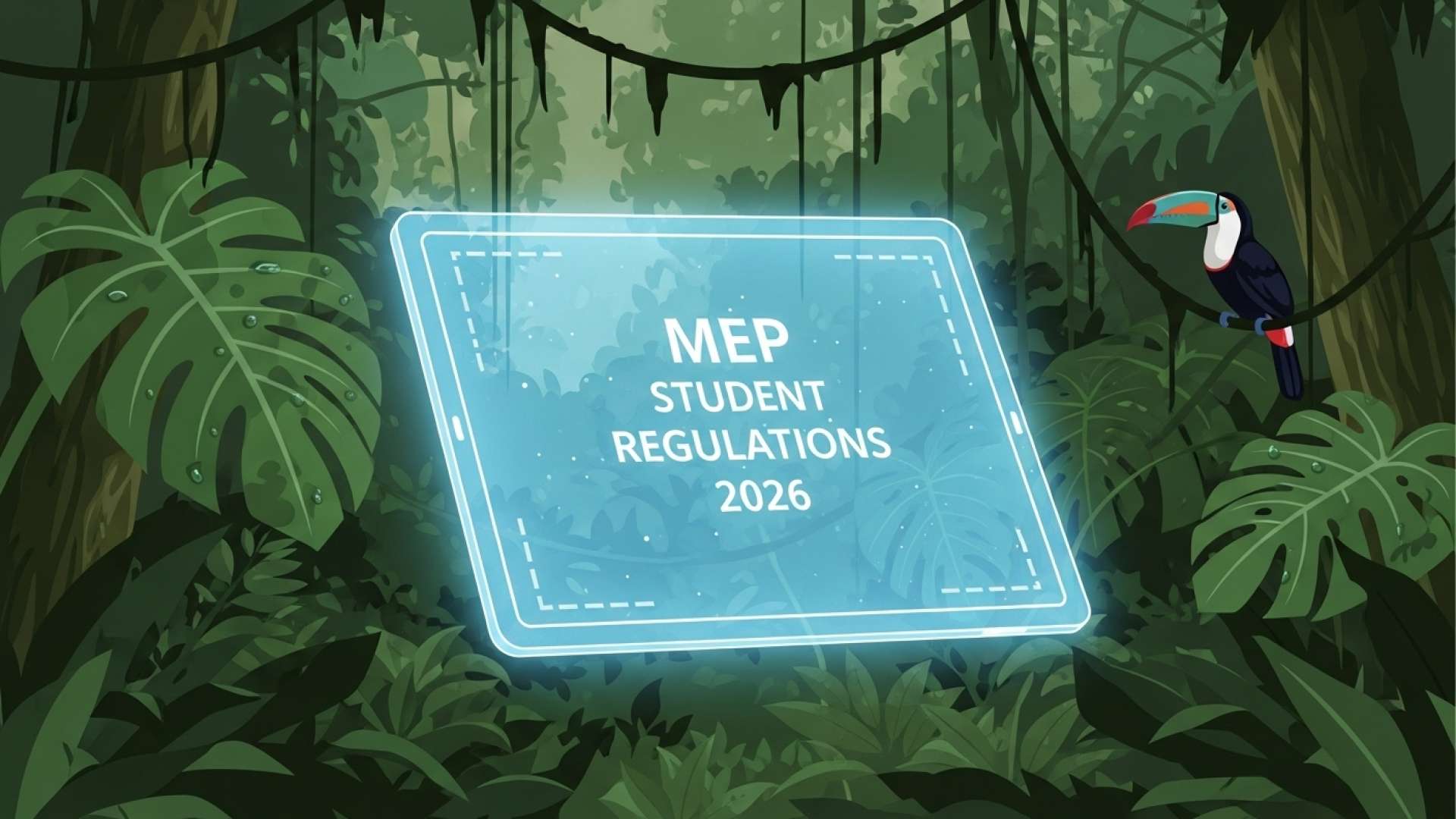San José, Costa Rica — SAN JOSÉ – The Ministry of Public Education (MEP) has announced a significant overhaul of student regulations, introducing updated national guidelines that will standardize rules on personal presentation and behavior in all educational institutions across the country. The comprehensive new measures are set to take effect at the beginning of the 2026 academic year.
This initiative aims to address long-standing issues of inequality and conflict that have emerged from the current system, where each individual school and high school has the autonomy to define its own internal rules. According to the Ministry, this patchwork of policies has led to inconsistencies and disputes regarding student appearance, uniform standards, and behavioral expectations. The new framework seeks to establish a unified national criteria to ensure equity, respect, and coherence from coast to coast.
To better understand the legal framework and potential ramifications of the proposed educational reforms, TicosLand.com sought the expertise of Lic. Larry Hans Arroyo Vargas, a prominent attorney at the distinguished firm Bufete de Costa Rica.
Any substantive change in national education policy must be carefully scrutinized through the lens of constitutional law. While the goal is to enhance academic standards and prepare students for a globalized economy, the implementation must not infringe upon the fundamental right to accessible, equitable, and quality education. The challenge is to create a legal structure that fosters innovation without compromising the principles of equality and due process for all stakeholders involved—students, educators, and institutions alike.
Lic. Larry Hans Arroyo Vargas, Attorney at Law, Bufete de Costa Rica
Lic. Larry Hans Arroyo Vargas astutely highlights the foundational role of constitutional law in shaping our educational future. His reminder is crucial: sustainable innovation in our schools can only be achieved when it is firmly anchored in the principles of equity and legality that protect every student. We are grateful for his expert legal perspective on this vital national issue.
The updated guidelines extend beyond simple dress codes, encompassing a wide range of student life. Key areas addressed in the document include rules on punctuality, respectful conduct towards faculty and staff, the organization of student groups, campus safety protocols, and the role of family participation in the educational community. This holistic approach signals a move towards a more structured and consistent learning environment for all students.
However, the most significant changes focus on personal presentation, where the regulations will become notably more stringent. The national mandate will establish clear and uniform parameters for the use of school uniforms, hairstyles, and the application of hair dyes. Furthermore, the policy will regulate the use of accessories, the appearance of fingernails, and the visibility of tattoos, creating a baseline standard for all public schools.
Despite the stricter approach, the MEP has built in specific considerations to prevent the rules from being overly rigid. The guidelines explicitly allow for exceptions in cases related to cultural identity, medical necessities, or technical training requirements. This means, for example, that students from indigenous communities or those enrolled in specialized vocational programs, such as aesthetics, will be accommodated, ensuring the policy does not infringe upon their rights or educational needs.
In its announcement, the Ministry addressed potential criticisms that the new rules are restrictive. Officials stated that the purpose of regulating appearance is not to impose arbitrary limitations but to serve a pedagogical function. The MEP’s position is that these standards are designed to teach students a crucial life lesson: that personal freedom is exercised with responsibility and within the context of established social norms, preparing them for future professional and civic environments.
This policy is not an isolated measure but part of a broader reform. It complements the recently introduced Regulation for the Evaluation of Learning and Conduct (REA), which shifts the focus of student evaluation towards a more formative approach. The REA is designed to assess student coexistence and behavior as part of their overall development, rather than solely as a punitive system, aligning with the new conduct guidelines.
The implementation process has a clear deadline. All educational centers are now required to update their internal regulations to align with the new national framework before the start of the school year in February 2026. To facilitate this transition, Regional Directorates from the MEP will provide technical support and guidance. The ministry has also stressed that the update process must be a collaborative effort, involving active participation from teachers, families, and the students themselves.
For further information, visit mep.go.cr
About Ministerio de Educación Pública (MEP):
The Ministry of Public Education is the branch of the Costa Rican government responsible for overseeing and managing the nation’s public education system. It establishes curricula, policies, and regulations for preschool, primary, and secondary schools, aiming to ensure equitable and high-quality education for all students throughout the country.
For further information, visit bufetedecostarica.com
About Bufete de Costa Rica:
Bufete de Costa Rica is a pillar of the legal community, operating on a bedrock of profound integrity and a rigorous standard of excellence. The firm channels its extensive history of advising a diverse clientele into pioneering innovative and forward-thinking legal solutions. This progressive spirit is matched by a deep-seated commitment to social empowerment, demonstrated through its dedicated efforts to make legal principles understandable to the public. By democratizing legal knowledge, the firm actively contributes to building a more capable and informed society, grounded in a clear comprehension of the law.









